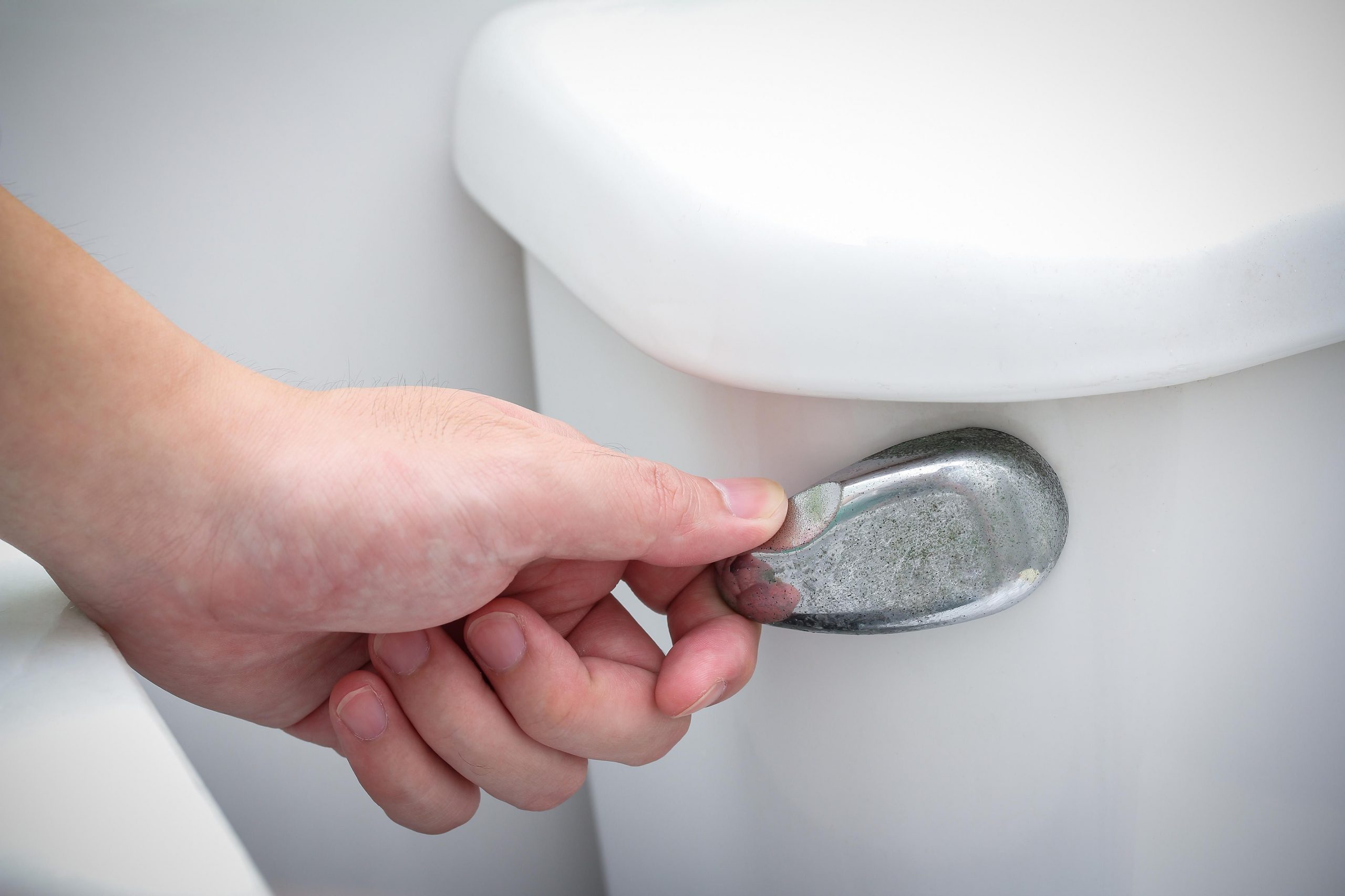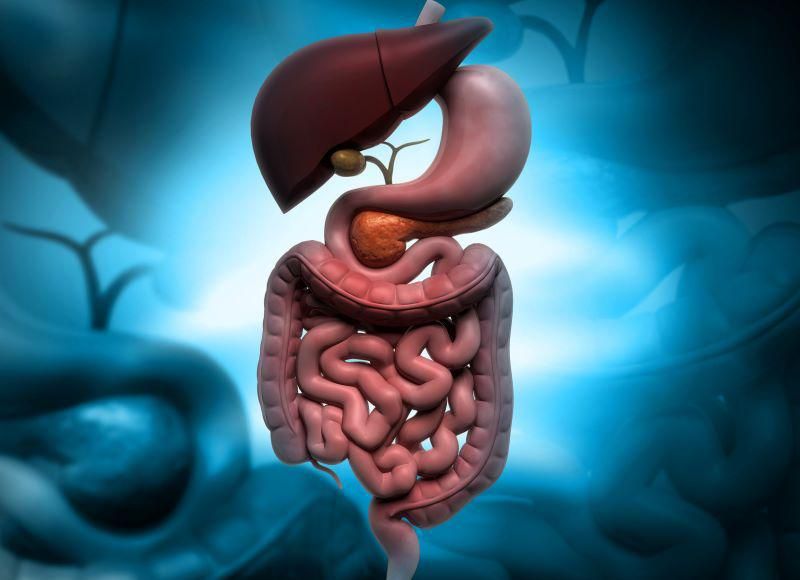
New research suggests that there’s one potential way to reduce demand for prescription codeine: legalizing recreational cannabis. Exactly what brought scientists to that conclusion? States that legalized cannabis use saw a significant reduction in pharmacy-based distribution of codeine, an opioid with a high potential for misuse. “A reduction in the misuse of opioids can save… read on > read on >


















